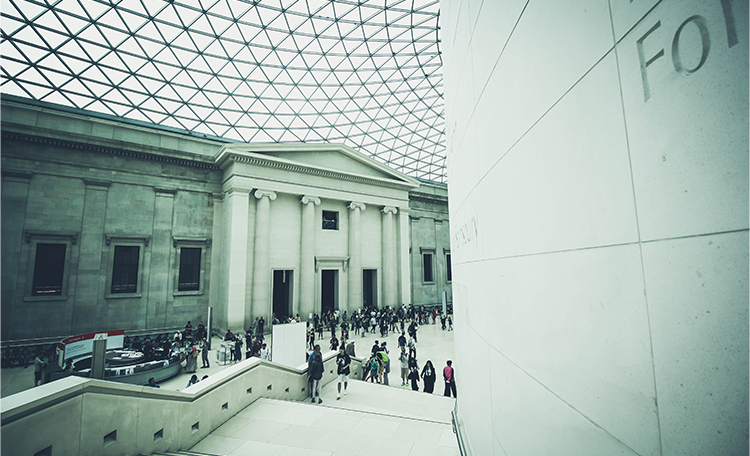Insights
Most Recent
MarketBeat
UK Hospitality Marketbeat Reports
MarketBeat
UK London Office Marketbeat Reports
Market Reports
MarketBeat
UK Hospitality Marketbeat Reports
MarketBeat
UK London Office Marketbeat Reports
Featured

MarketBeat

Insights • Economy
Investor
Article • Investment / Capital Markets
Research • Investment / Capital Markets
Fred Clifford • 12/06/2023
Article • Investment / Capital Markets
Sukhdeep Dhillon • 27/07/2022
Insights • Investment / Capital Markets
Dimitris Vlachopoulos • 14/07/2021
Insights • Investment / Capital Markets
Dimitris Vlachopoulos • 30/06/2021
Occupier

Research
Office

Research

Research
Retail
Article
Insights
Article • Food & Beverage
Matthew Englender • 06/09/2023
Article • Sustainability / ESG
Jennifer Milne • 18/04/2023
Industrial
MarketBeat
UK Industrial Marketbeat Reports
Research
A Strategic Roadmap for Solar PV in Logistics & Industrial Real Estate
Research • Sustainability / ESG
Edward Bavister • 28/10/2025
Hospitality
MarketBeat
UK Hospitality Marketbeat Reports
Research
Manchester Hotel Market Spotlight
Living
Article • Investment / Capital Markets
Insights • Economy
Autumn Budget: Implications for real estate
Article • Construction
Fred Clifford • 29/10/2025
Alternatives
MarketBeat
UK Elderly Care MarketBeat Reports
MarketBeat
UK Life Science Marketbeat Report
Article • Construction
Fred Clifford • 29/10/2025
Featured Market Reports
MarketBeat
UK Hospitality Marketbeat Reports

MarketBeat

MarketBeat
Hospitality Market Trends & Data
The latest hospitality market insights are based on the in-depth analysis of our extensive data sets, surveys of investors, operators and lenders and up-to-date market intelligence from our team members on-the-ground in all major European markets.


















